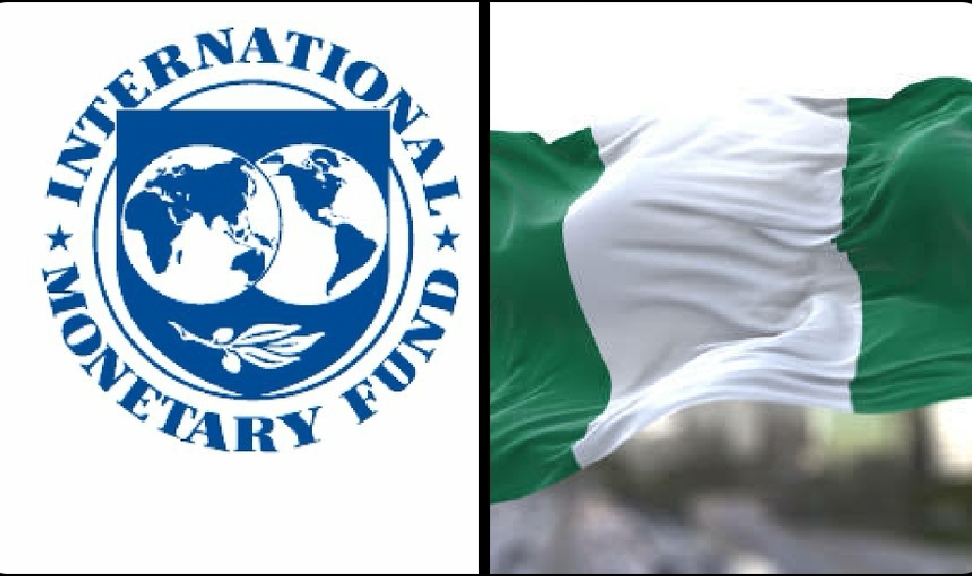
IMF Report Flags Nigeria’s Weakest Growth in West Africa Despite “Reform Momentum” — Public Anger Follows

Nigeria’s economy is set to grow by only 3.9% in 2025, far behind regional peers such as Benin (7.0%), Côte d’Ivoire (6.4%), and Ethiopia (7.2%), according to the International Monetary Fund’s (IMF) October 2025 World Economic Outlook released on Tuesday. The data paints a sobering picture of Africa’s largest economy — still struggling to recover from the disruptive effects of the Bola Tinubu administration’s sweeping reforms.
The IMF attributes Nigeria’s weaker growth to the short-term pains of fuel subsidy removal and the floatation of the naira, two landmark policies that, while aimed at long-term fiscal stability, have driven inflation to 34% as of mid-2025 — one of the highest in the world. The report notes that the resulting surge in food and transport costs has eroded household purchasing power, dampening domestic demand even as the government touts its reform agenda as a necessary “reset” for sustainable development.
By contrast, neighboring countries such as Benin and Côte d’Ivoire are riding on diversified economies with booming agriculture and service sectors, while East African economies like Rwanda and Uganda continue to benefit from strong digital and infrastructure investments. The IMF praised these nations for maintaining investor confidence through policy consistency and export diversification — areas where Nigeria still lags due to lingering oil dependency and insecurity across key regions.
Public reaction to the IMF’s findings has been swift and scathing. On social media platform X, Nigerians flooded the comments section of major news outlets like Vanguard and Punch, framing the report as “confirmation of failure” by the Tinubu-led government. Many users argued that the economic hardship of 2024 and 2025 — marked by record fuel prices, job losses, and shrinking purchasing power — invalidates the government’s claim that “temporary pain” will yield eventual prosperity.
Economists also expressed concern that foreign direct investment (FDI) continues to decline amid policy uncertainty and inconsistent energy reforms, while the World Bank’s 2024 analysis estimated that over 40% of Nigerians now live in poverty, the highest figure since 2016. “The IMF is basically saying the emperor has no clothes,” wrote one analyst on X, noting that despite large-scale fiscal reforms, Nigeria’s growth remains lower than the African average of 4.6%.
Still, the IMF maintained that Nigeria’s medium-term outlook could improve if inflation moderates and power supply stabilizes, projecting growth could rebound above 5% by 2027 if reforms deepen in manufacturing, agriculture, and digital trade.
For now, however, the latest report underscores the widening gap between Africa’s largest economy and its fastest-growing neighbors — a paradox many Nigerians say reflects the government’s struggle to balance reform with real relief.
— BusterBlog.com | Economy & Policy Desk


